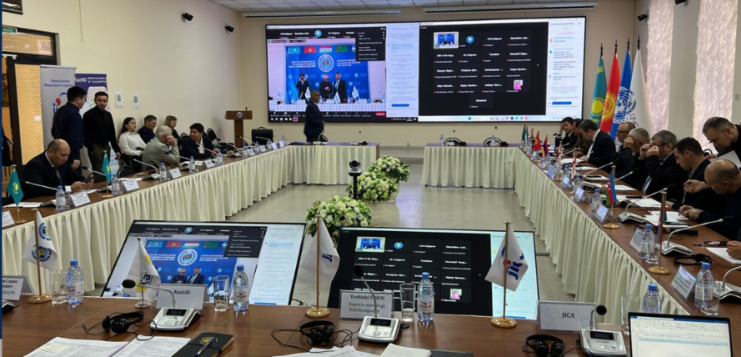ASTANA – In cooperation with the Kazakhstan Agency for International Development (KazAID), the Japan International Cooperation Agency hosted a seminar on earthquake risk reduction from April 16 to 19 in Almaty, reported the KazAID’s press service.

Photo credit: KazAID
The seminar, co-organized by the Kazakh Research Institute of Construction and Architecture and the Center for Emergency Situations and Disaster Risk Reduction, brought together emergency specialists from Armenia, Azerbaijan, Georgia, Kazakhstan, the Kyrgyz Republic, Tajikistan, Turkmenistan, and Uzbekistan.
As one of the most seismically active countries globally, Japan shared its experience and technologies it developed in seismic safety to mitigate the aftermath of earthquakes with Central Asian and Caucasus countries.
Japanese experts provided a comprehensive analysis of modern seismic insulation technologies, showcasing global standards and advanced methods used in Japan to create earthquake-resistant structures. They presented examples of basic insulation design that serve as a model for the global construction industry.
During the seminar, Japan and Kazakhstan explored potential cooperation in seismic engineering. Experts from both countries reviewed recent earthquakes in Almaty and Noto, exchanging experiences and lessons learned and examining the magnitude, causes, consequences, and measures to rebuild and strengthen infrastructure after seismic shocks.
The discussion of these cases is expected to help participants better understand seismic risks and jointly develop strategies to prevent and manage similar situations in the future.
